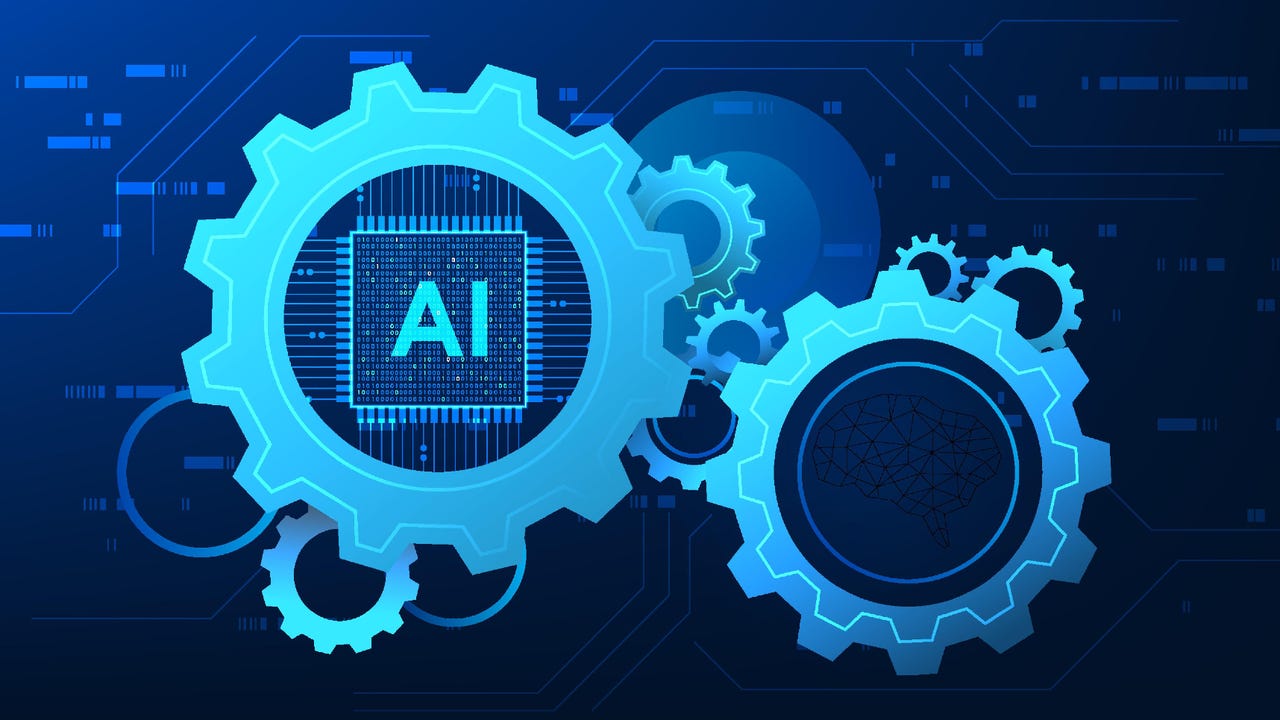Why Agentic AI Is a Developer's New Ally, Not AdversaryWhy Agentic AI Is a Developer's New Ally, Not Adversary
Agentic AI could transform software development workflows by automating complex tasks while keeping developers firmly in the driver's seat.

If you're a software developer, it can be easy to feel gloomy these days about AI — not least because generative AI arguably presents a threat to the jobs of at least some coders.
But a newer type of AI technology — agentic AI — should give developers less reason to worry. Agentic AI tools offer opportunities to boost the efficiency of software development workflows and automate some of developers' most tedious tasks in ways that generative AI alone cannot.
To prove the point, here's a look at how agentic AI could impact software development.
What Is Agentic AI?
Agentic AI is the use of AI-powered software agents to carry out complex tasks. Most agentic AI systems allow humans to describe what they want to happen using natural language. Then, AI agents complete the task automatically.
Behind the scenes, agentic AI systems are powered by large language models (LLMs), the same AI technology that enables generative AI platforms like ChatGPT and GitHub Copilot. But instead of merely generating code, text, or other content, as classical generative AI does, agentic AI uses LLMs to interpret requests and determine how to respond.
Actually taking action in response to human requests usually requires agentic AI systems to integrate with tools that can execute commands, manage data, and so on. This is usually done by creating "servers" (to use the terminology employed by the Model Context Protocol, or MCP, an increasingly popular framework for developing agentic AI technology) that carry out instructions provided by AI agents and LLMs.

Agentic AI offers developers a way to automate complex tasks using natural language commands rather than just generating code. Source: Alamy
Use Cases for Agentic AI in Software Development
Because agentic AI can complete complex workflows rather than simply generating content, it opens the door to a variety of AI-assisted use cases in software development that extend far beyond writing code — which, to date, has been the main way that software developers have leveraged AI.
For example, consider the following potential ways to use agentic AI in software development:
Automatically finding and fixing suboptimal code: Developers could submit a prompt like "find and fix performance bottlenecks in this code."
Executing automated tests: A query such as "write and run automated tests to validate the integration of my code" could speed up software testing and QA.
Deploying CI/CD integrations: Instead of manually deploying CI/CD tools, integrations, or add-ons, developers could use agentic AI to explain what they want to happen and then let AI do it for them.
Automated application deployment: By using natural language to identify an application release and a target deployment environment, developers could automatically deploy an app.
To be sure, software developers can complete — and, in many cases, partially automate — tasks like these without the use of AI. It's not that hard to write a script that automatically deploys an application, for example. But agentic AI eliminates the need to spell out instructions or carry out manual actions entirely. With just a sentence or two, developers can prompt AI to perform complex, multi-step tasks.
The State of Agentic AI for Software Development
It's important to note that, for the most part, agentic AI use cases like those described above remain theoretical. Agentic AI remains a fairly new and quickly evolving field. The technology to do the sorts of things mentioned here theoretically exists, but existing tool sets for enabling specific agentic AI use cases are limited.
For instance, this list of MCP servers (which are, again, tools that implement agentic AI capabilities for specific types of systems) includes examples that can do things like automatically run JavaScript code in sandboxed Docker containers — a solution that would simplify the task of spinning up a dev/test environment. That would save some time for developers, but it falls short of the complex use cases described above.
Agentic AI Challenges for Developers
It's also important to note that agentic AI poses new challenges for software developers.
One is the risk that AI will make the wrong decisions. Like any LLM-based technology, AI agents can hallucinate, causing them to perform in undesirable ways. For this reason, it's tough to imagine entrusting high-stakes tasks to AI agents without requiring a human to supervise and validate them.
Agentic AI also poses security risks. If agentic AI systems are compromised by threat actors, any tools or data that AI agents can access (such as source code) could also be exposed. If agentic AI takes off, expect AI agents to become yet another entity that requires its own set of novel security controls.
How Much Will Agentic AI Change Software Development?
Despite these drawbacks, agentic AI appears to have great potential for adding real efficiency to software development workflows. It goes much further than simply using AI to write code.
That said, the inability to entrust high-stakes tasks to AI agents without human oversight and the difficulty of implementing agentic AI systems that can perform very complex tasks probably mean that AI agents won't radically transform the way coders work. They'll become another tool that developers can use to speed up certain tasks, but don't expect them to take over software development pipelines entirely.
About the Author
You May Also Like






.jpg?width=700&auto=webp&quality=80&disable=upscale)
